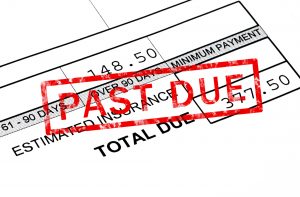There are many different financial mistakes that could set you up for disasters in the future. Many people struggle to understand the basic concepts of financial planning or find these so overwhelming that they’re not sure how to step forward and cover all of their interests.

Not having an asset allocation plan is a problem that is easily avoided. Asset allocation is in fact the most critical factor in determining the return and the risk of the investments you make. However, most people have accounts with randomly selected mutual funds, meaning that you could potentially be under-diversified with 10 funds that all move towards the same type of investment. You want to take a look at these different funds to verify that your different accounts are properly diversified, or you could consolidate all of your accounts. Consolidating your accounts could have potential tax benefits if you have a taxable account and prioritize any of your tax-sheltered accounts that generate high taxes such as high turnover mutual funds, high yield bonds, or REITs. Moving your retirement accounts into an IRA or your current employer’s plan is another positive way to manage your asset allocation strategy.
We will help you get a comprehensive picture of your financial planning goals and ensure that you have the right asset allocation and risk management approaches for all your planning. Our firm has extensive experience in working with people to complete this process.
Having an outside professional guide you through this process can make it much easier to approach all of these complex goals and to keep them working together collaboratively. Set aside a time to meet with an experienced and knowledgeable estate planning lawyer about your next steps.




